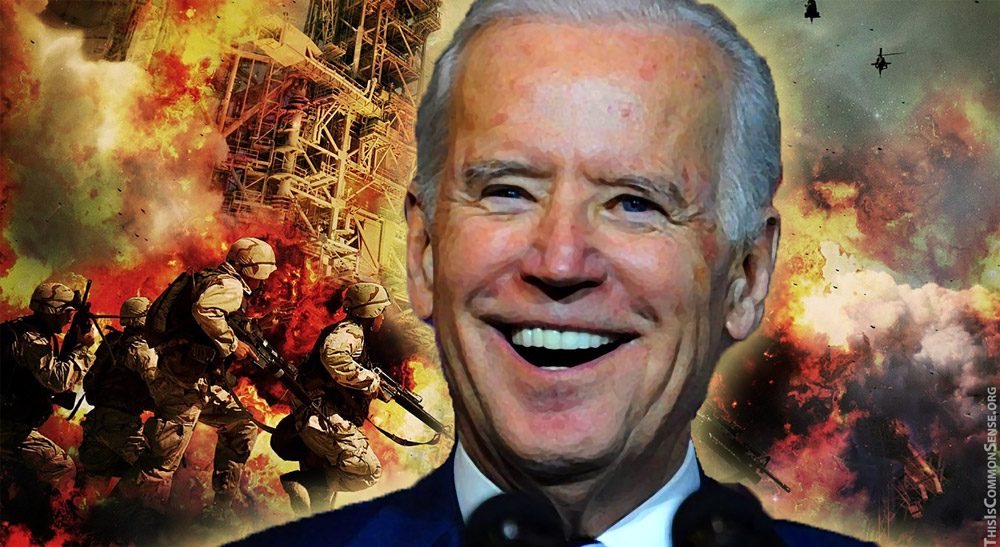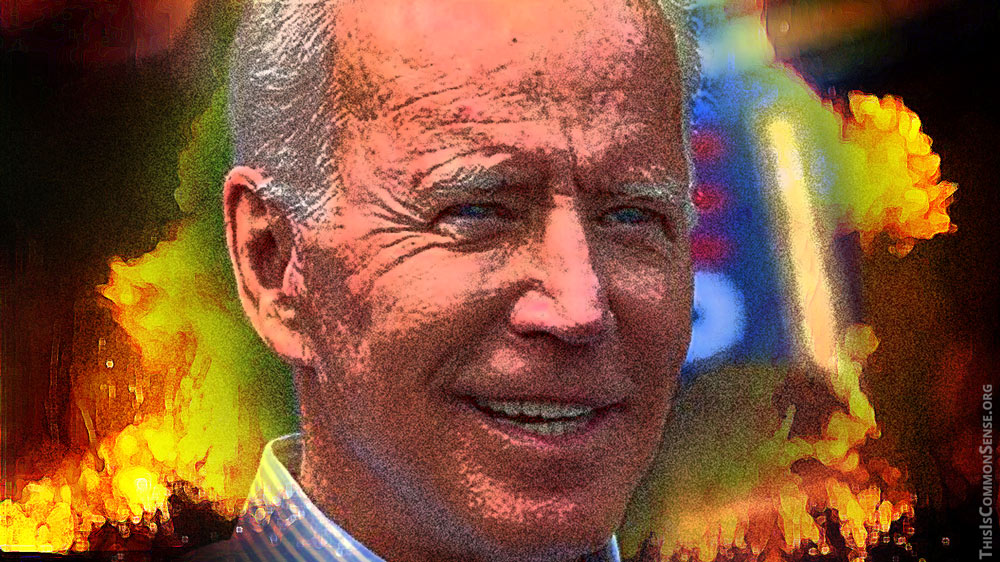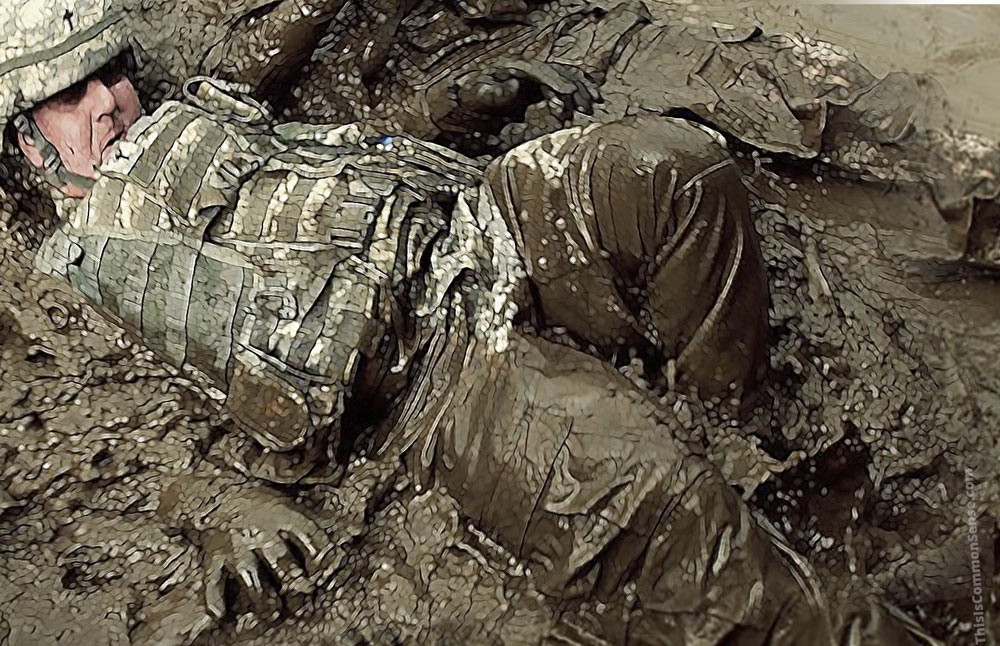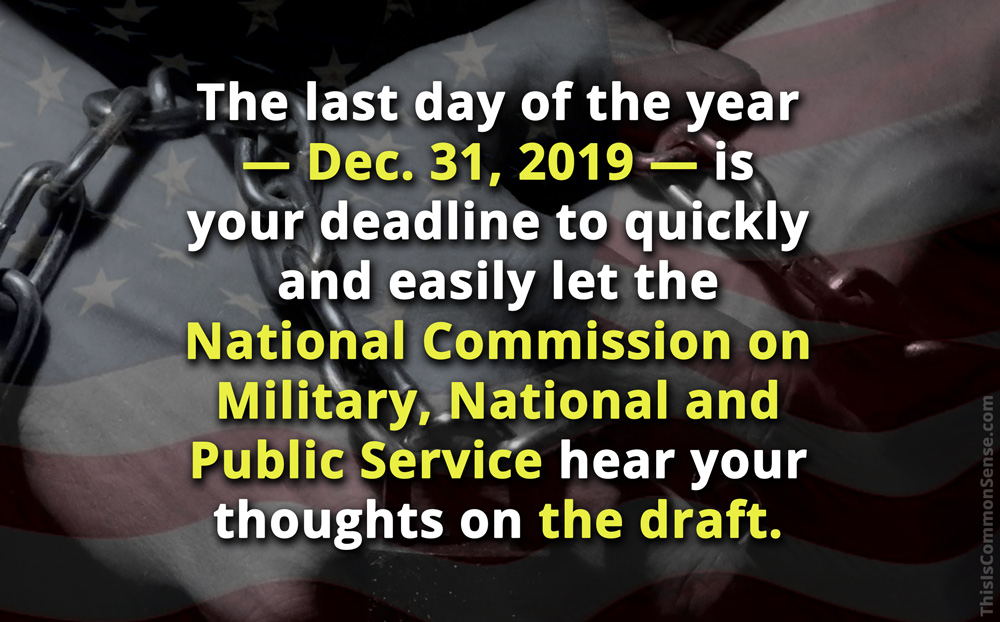We don’t live in a Star Wars universe. Not yet. But certain themes crop up: republic gives way to empire, and elite corps of … magic fighters? … seek to run a technocratic state.
Donald Trump was cast by Democrats as an evil emperor sort of figure, but he didn’t quite fit that script — being the only president in two decades not to engage in a regime-change war.
So, with President-not-quite-Elect Joe Biden publicly announcing his new cabinet heads, we can see the old script followed closely, with the imperial guard piling up outside the fence at 1600 Pennsylvania, panting for power.
Though there are reams of news stories about this to pore over — the picks are big news — I’ll focus on Reason’s round-up. Of course, Biden is offering up Big Spenders (for whom deficits and debts just don’t matter*) as well as gung-ho interventionists. Take the Secretary of State candidate, Antony Blinken, profiled by Bonnie Kristian. While the proposed Secretary pro forma admitted that America cannot “solve all the world’s problems alone,” he then suggested that “our government can solve all the world’s problems if only it partners with other governments,” Ms. Kristian relates. She notes that Blinken has supported “U.S. military action in Libya, Yemen, and Syria.
“And though he has since regretted the Yemen call, he believes the mistake in Syria was a failure to escalate.”
President Donald John Trump has followed the bomber love of his advisors, but has never quite bought into the need to escalate every conflict. And for that audacity, the foreign policy establishment has loathed him.
When Biden does hobble into the White House, we can unfortunately expect fewer ‘failures to escalate.’
This is Common Sense. I’m Paul Jacob.
* While Republicans do almost nothing to hold back deficit spending, and consequent debt accumulation, Democrats increasingly demonstrate a special zealotry in confessing their lack of concern.
—
See all recent commentary
(simplified and organized)









